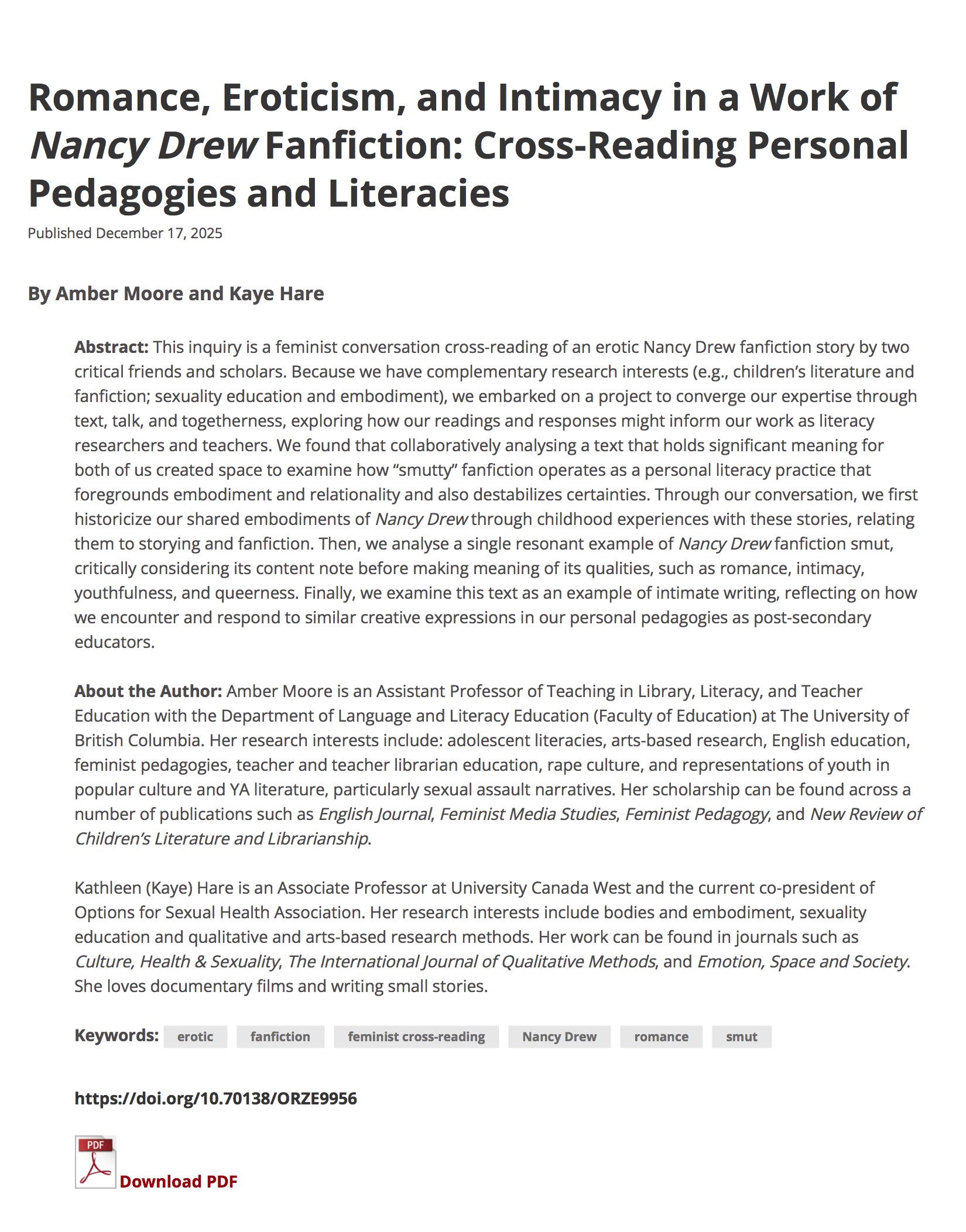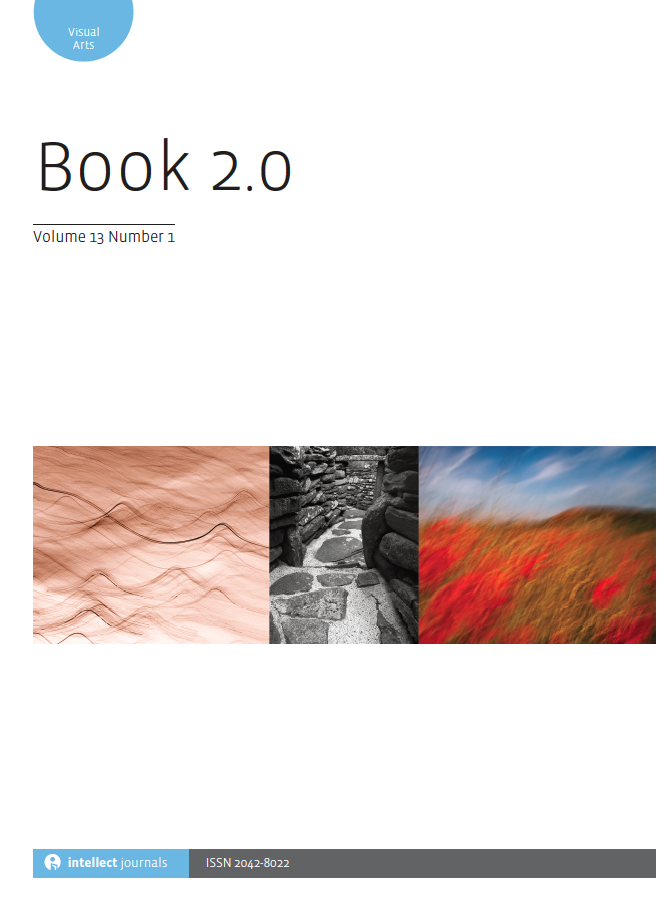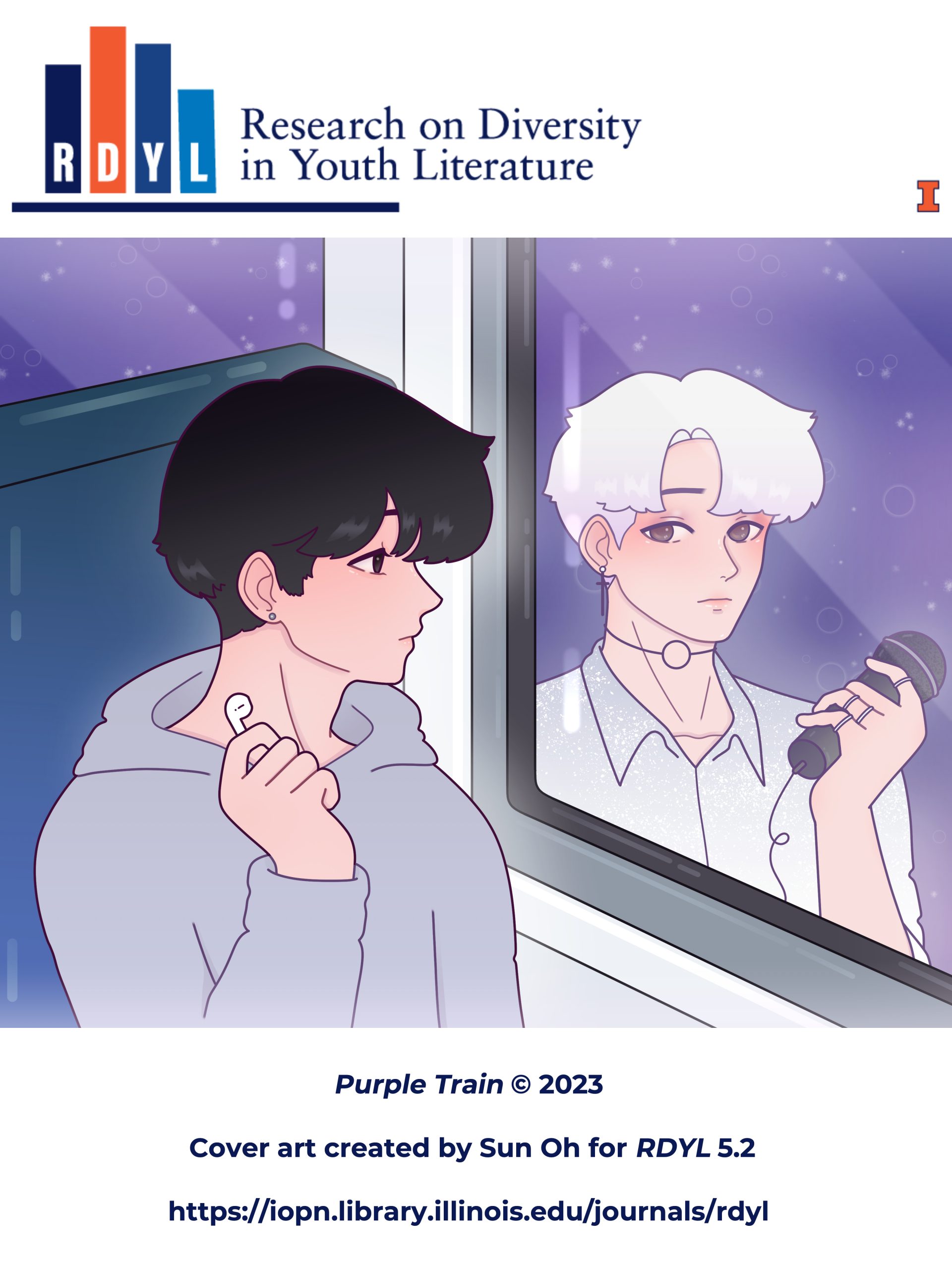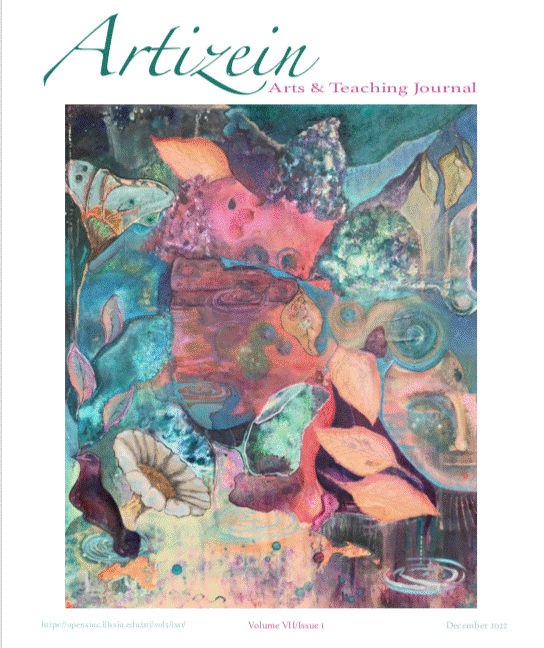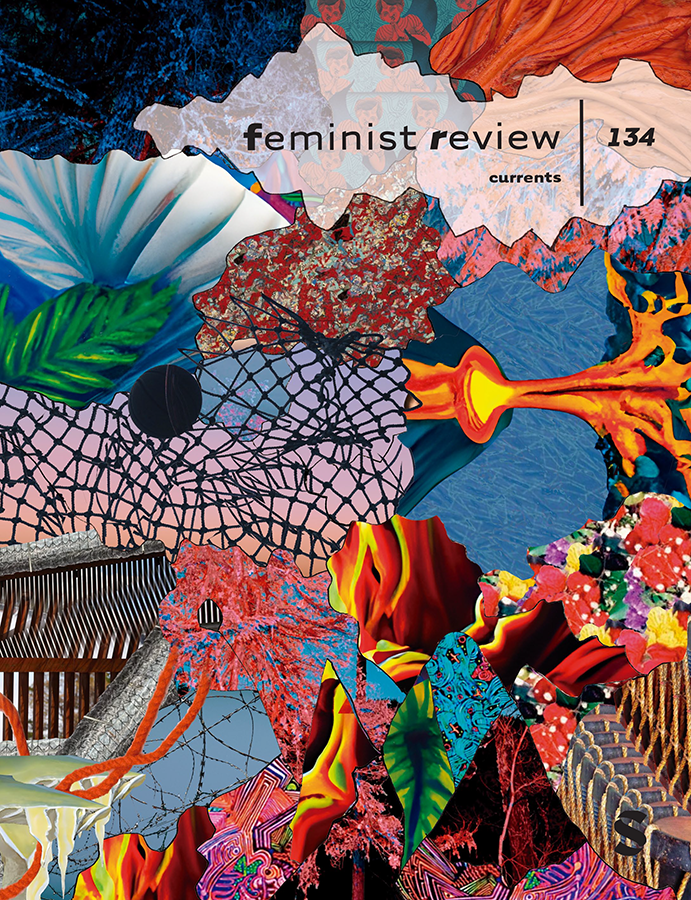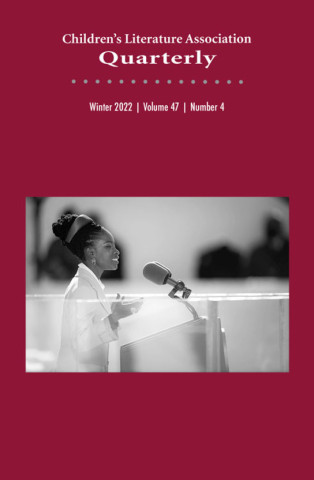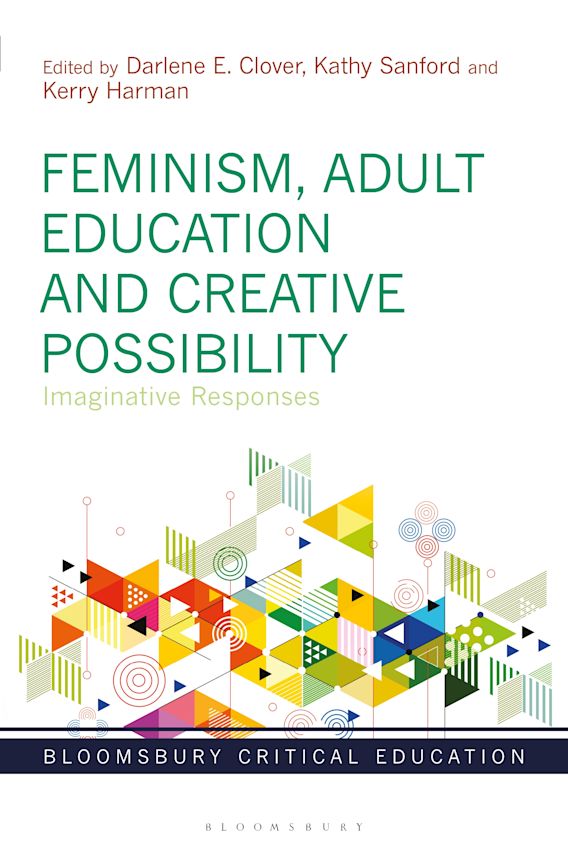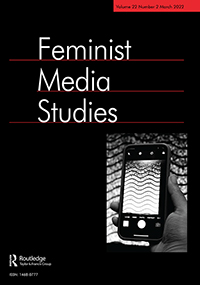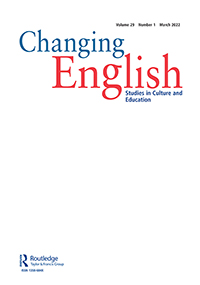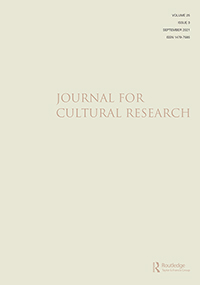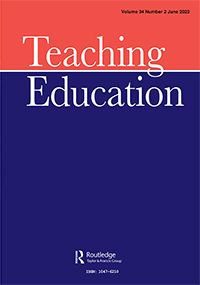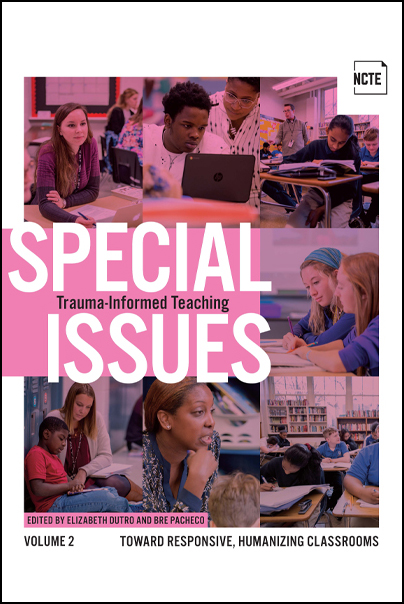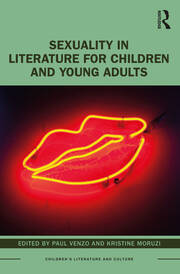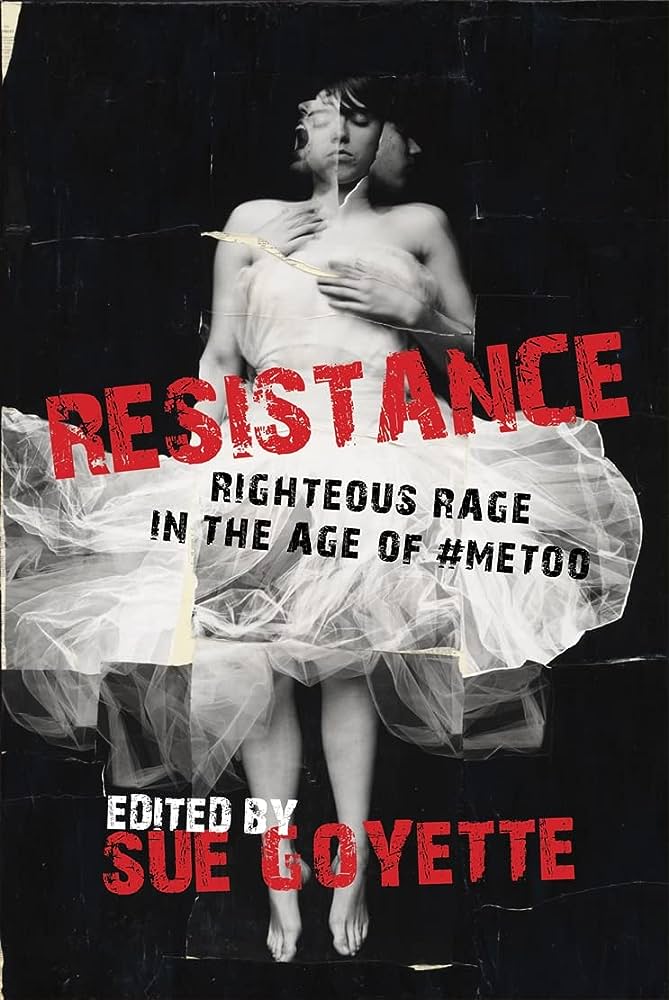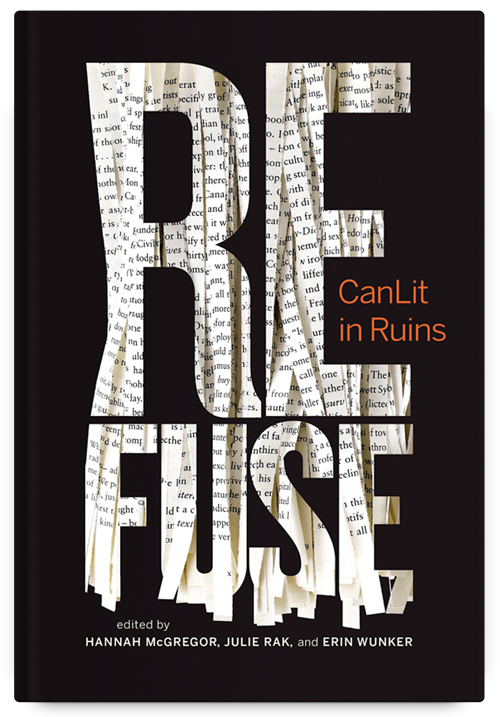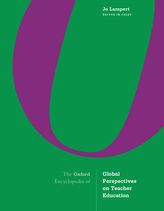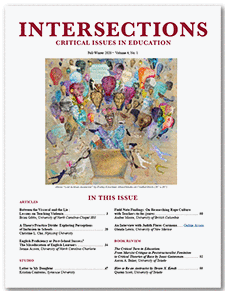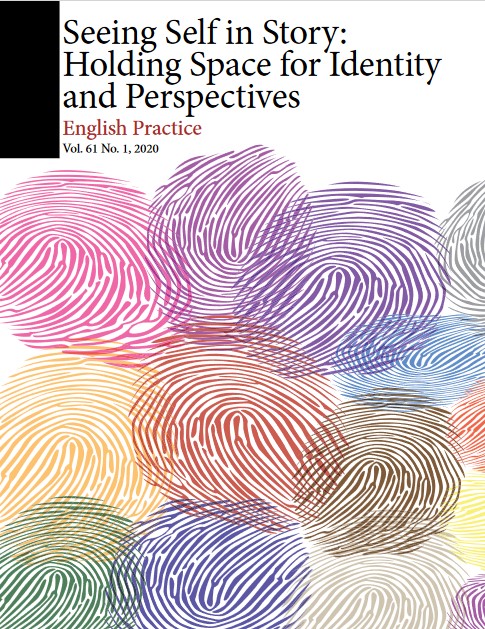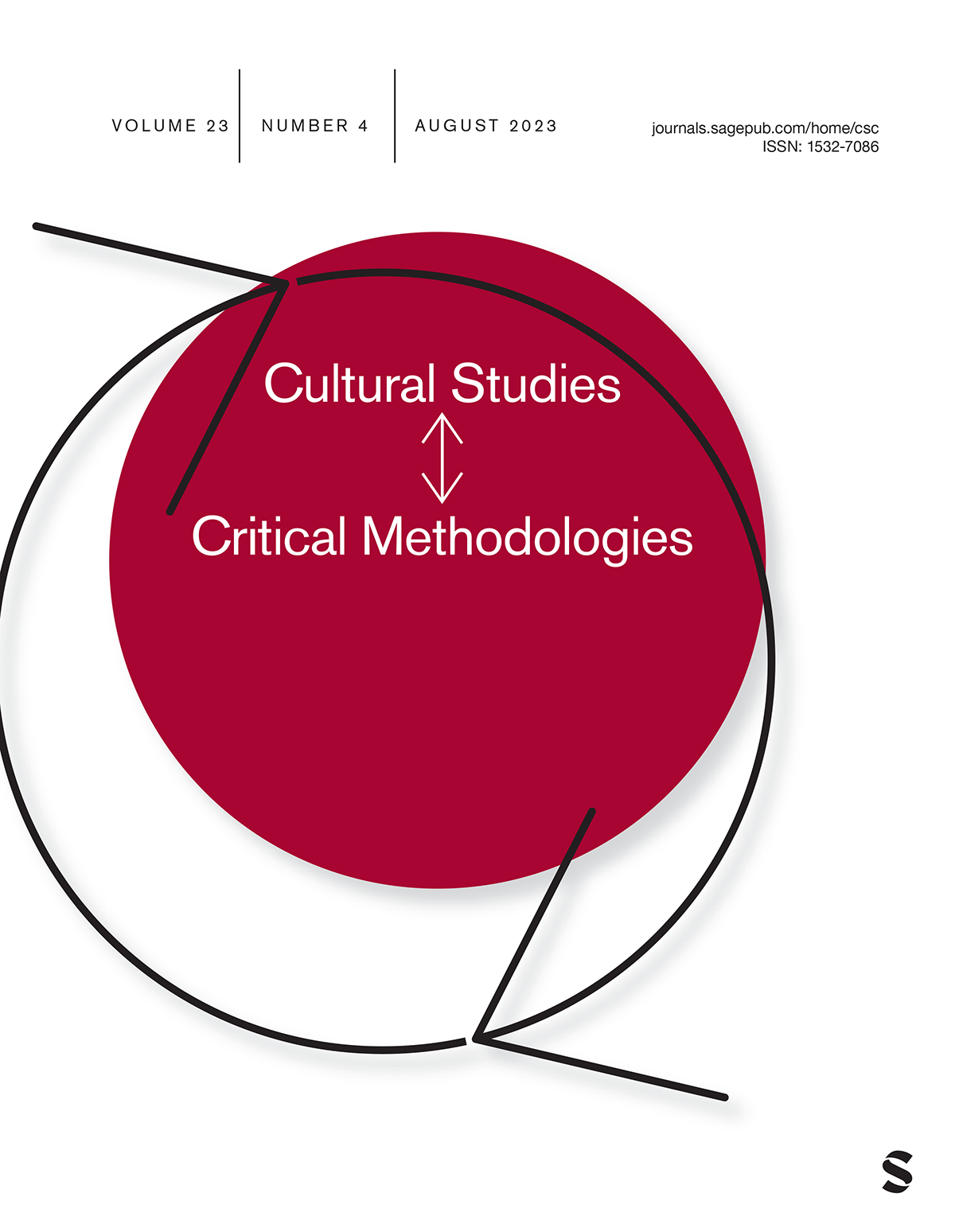Moore, A. & Hare, K. A. (2025)
Romance, erotics, and intimacy in a work of Nancy Drew fanfiction: Cross-reading personal pedagogies and literacies.
Journal of Popular Romance Studies, 14,
https://doi.org/10.70138/ORZE9956
Moore, A. (2025)
Maybe next time I’ll try talking to men (poem). Janus Unbound: Journal of Critical Studies, 9(2), 121-122.
Moore, A. (2025)
“That poem was pretty wild to me”: On personal safety and precarious moments in teacher candidates’ responses to sexual assault narratives. Research in the Teaching of English, 59(3), 311-339. https://doi.org/10.58680/rte2025593311
Hare, K. & Moore, A. (2024)
Hare, K. & Moore, A. (2024)
Gaslighting love: A feminist walking tour through a Hallmark hotspot. In C. Lavigne (Ed.), Critical Perspectives on the Hallmark Channel (pp. 105-118). Routledge.
Moore, A. (2024)
Whirlpooling feminist rage: Gang rape-revenge in Foul is Fair and The Nowhere Girls. In Z. Flegar and J. Miskec (Eds), Children’s literature in place: Surveying the landscapes of children’s culture (pp. 88-95). Routledge
Gowar, M. & Moore, A. (2024)
Moore, A. & Kelley, L. (2024)
Moore, A. (2022)
Representations of testimonial smothering and critical witnessing of rape victim-survivors in Laurie Halse Anderson’s
Speak fanfiction.
Children’s Literature in Education,
https://doi.org/10.1007/s10583-022-09516-6
Moore, A. (2023)
“Just a bit of fluff and happiness”: Examining romantic rewritings of respair in YA sexual assault narrative fanfiction.
International Research in Children’s Literature, 16(2), 169-183.
https://doi.org/10.3366/ircl.2023.0506
Moore, A. (2023)
“They’re all kinda dark…”: Analyzing
Speak and Thirteen Reasons Why fanfiction poetry.
Children’s Literature Association Quarterly, 47(4), 403-416.
10.1353/chq.2022.0048
Hare, K. & Moore, A. (2023)
Hare, K. & Moore, A. (2022)
On fostering feminist friendships for resistance and respite: Love-letter-making. In D. E. Clover, K. Harman, and K. Sanford (Eds), Feminism, adult education and creative possibility: Imaginative responses (pp. 233-244). Bloomsbury Publishing.
Moore, A. (2022)
“Just how depraved is this town?”: An intersectional interrogation of feminist snaps, slut shaming, and sometimes sisterhood in Riverdale’s rape culture.
Feminist Media Studies. 22(2), 167-182
https://doi.org/10.1080/14680777.2020.1786428
Moore, A. (2022)
Safe space(s), content (trigger) warnings, and being ‘care-ful’ with trauma literature pedagogy and rape culture in secondary English teacher education.
Changing English, 29(1), 77-88.
https://doi.org/10.1080/1358684X.2021.2006053
Moore, A. & Hare, K. (2022)
Moore, A. (2022)
A public service announcement: Students are publishing Speak homework as fanfiction. English Journal, 112(1), 17-19.
Moore, A. (2022)
“This hit me like a ton of bricks”: A case for commonplace journal writing in trauma literature pedagogy. In E. Dutro & B. Pacheco (Eds.), NCTE Special Issue Volume 2: Trauma-Informed Teaching: Toward Responsive, Humanizing Classrooms.
Moore, A. & Marshall, E. (2021)
Intoxicated Masculinity, allyship and compulsory heterosexuality in YA rape narratives. In P. Venzo and K. Moruzi (Eds), Sexuality and sexual identities in literature for young people (pp. 140-156). Routledge.
Moore, A. (2021)
Pinned, mounted (poem). In S. Goyette (Ed.), Resistance: Righteous rage in the age of #MeToo (p. 85). University of Regina Press.
Moore, A. (2020)
[Review of the book Refuse: CanLit in ruins, by McGregor, H., Rak, J., & Wunker, E. (Eds.)]. Canadian Woman Studies, 34(1), 178-179.
Moore, A. & Marshall, E. (2020)
Youth resistances and popular media. Oxford Research Encyclopedia of Education. https://doi.org/10.1093/acrefore/9780190264093.013.1331
Moore, A. (2020)
Pulping as poetic inquiry: On upcycling “upset” to reckon anew with rape culture, rejection, and (re)turning to trauma texts.
Cultural Studies ↔ Critical Methodologies, 20(6), 588-595.
https://doi.org/10.1177/1532708620912802

